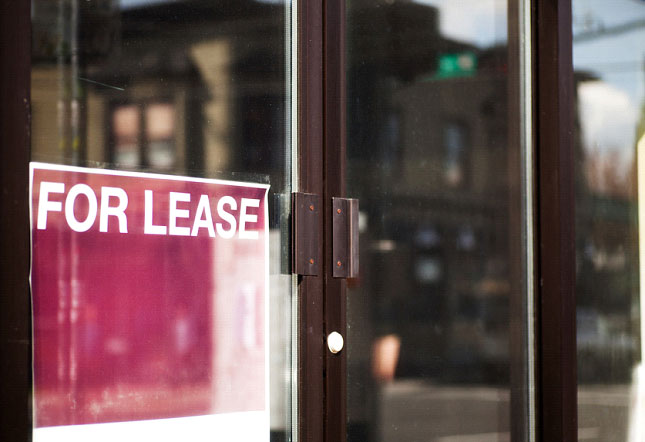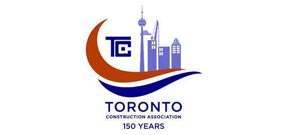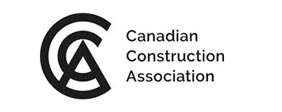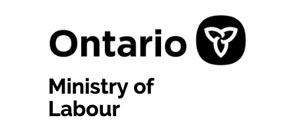
FAQs About Commercial Leases in Canada
Leasing space for your practice is one of the most important decisions you will make when you open or relocate your dental practice or healthcare clinic. Here are a few of the frequently asked questions that we hear about from our clients about their commercial leases in Canada. You can always refer to the Canadian Commercial Tenancies Act for in-depth information.
If something breaks, who is responsible for the repairs? This is a lease point agreed upon when at the time of lease preparation. Every lease is different. Usually, the landlord agrees to only pay for structural repairs, while other repairs such as plumbing and heating are tenant responsibility.
Is the landlord allowed to have a key and can they enter my leased space at will? The landlord may only have a key to your facility if you approve it. Likewise, the landlord may not enter your space without your approval.
My lease states that the landlord pays the utilities, but I was just notified of pending disconnection due to nonpayment. Since they are not paying them, should I stop paying rent? No, if you stop paying rent, then the landlord can start proceedings to evict you. Your only options are to either to pay the utilities and then file a claim in Small Claims Court against the landlord or go to Superior Court of Justice and request a court order forcing payment or reimbursement.
My lease has expired and my landlord has not presented a new lease. I intend to stay, so does this mean the lease continues on a month to month basis? No, if a new lease is not signed and there is no auto-renewal clause in the lease, then all rights and obligations have expired for both parties. It is important to get a new lease in place as soon as possible to protect your interests.
I am getting ready to move out of my leased space. What do I need to do? You are usually required to leave the space in a condition close to what it was when you moved in. Normal wear and tear occurs, but if there is any damage to the property or if the lease requires that installed fixtures or renovations be removed, contact us and we can help. Failing to make repairs or causing a financial loss to the landlord can result in the landlord suing you for damages.
Having the lease prepared or reviewed by an attorney before you sign and then understanding how to use the lease throughout your tenancy will help you deal with any issues as they arise.
Recent Posts

Want to Reduce Noise in the Office? Improve Your Acoustics

6 Of The Most Common Office Design Mistakes You’ll Want To Avoid

The Benefits and Drawbacks of Open Ceilings

3 MORE Upcoming Interior Design Concepts for the Office Space

Tips From a Commercial Contractor: The 5 Most Common Complaints About Office Design









